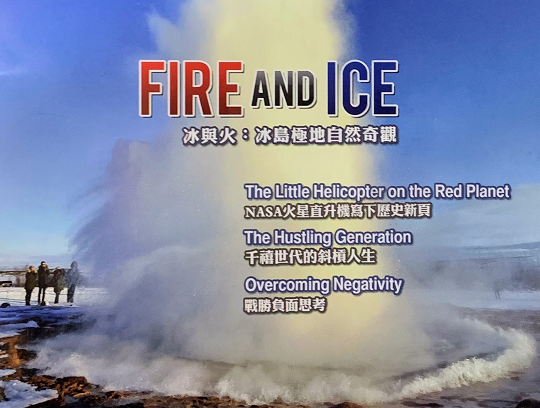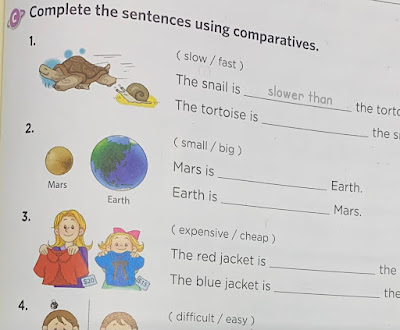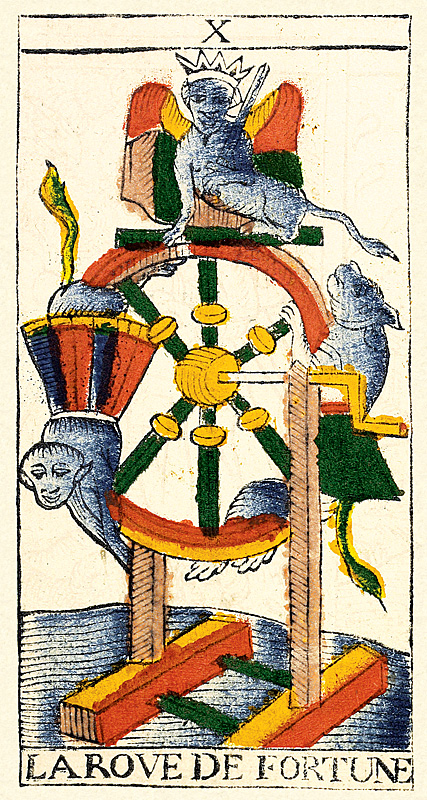Tam multa, ut puta genera linguarum sunt in hoc mundo: et nihil sine voce est.
Sunday, July 7, 2024
Lord Byron on a motorcycle
Friday, July 5, 2024
Fire and Ice 2: Geothermal Boogaloo
We're very lucky in a sense that we've got two visionaries in the band. You know, David and Nigel are both, like, like poets, you know, like Shelley and Byron and people like that. They're two totally distinct types of visionaries. It's like fire and ice, basically, you see, and I feel my role in the band is to be kind of in the middle of that, kind of like lukewarm water.
In my story, shoes are associated with reach the Peak, just as changing one's shoes in William's school is also required to ascend the stairs to the classroom. The classroom reference at the top of the stairs is interesting because Isaiah mentions that when the Mountain of the Lord's House is again established in the top of the Mountains, people will want to go there so they can learn, like one does in a classroom.
Update (later the same day): Hours after posting the above, I was preparing for a class and saw these three pictures:
All together on the page, there’s a turtle, a snail, Mars, and a red coat (“lobsterback”).
I also got word that a new student is going to join one of my classes, and the English name he uses is Byron.
Then this evening I checked Slate Star Codex for the first time in months and found a newly posted review of Byron’s Don Juan written in the style of the poem itself.
(Don Juan has its moments, but writing it in clunky pentameter stanzas was a mistake. Tetrameter with an irregular rhyme scheme suited Byron perfectly, and a Don Juan written in Giaour-style verse would have been brilliant. No, I’m not going to do it myself.)
Monday, July 1, 2024
No more a roving
On June 25, I did a Tarot read in which I asked about the roles various people have to play, and I drew this card with reference to myself:
There is a pretty obvious sense in which this is "my" card. My surname means "son of Tychon," a name which ultimately derives from Tyche, the Greek counterpart to the Roman goddess Fortuna, making me "Will of Fortune." When I drew it on June 25, I was struck by the central brass-colored disc covered with engravings, and by the four Cherubic creatures in the corners, each with its book. This ties in very neatly with the Round Book of Brass Plates and with the book called the Cherubim from the vision recounted in "Étude brute?" Thinking about it today, after posting about the zebra-striped flag of Brittany in "Dreaming in black and white," I noticed the zebra-striped headdress worn by the sphinx at the top of the wheel.
It was then that I realized a possible link between "Étude brute?" and the Brittany theme. I had previously taken it as a reference to the Ides of March, my birthday, but Caesar's assassin was not the only Brutus. According to a very old legend, the name Britain derives from that of the island's first king, Brutus of Troy. Since Brittany derives from the same root as Britain, it would also thus be named after this Brutus.
As I was thinking about this and making these connections, my attention was suddenly drawn to one of the books in my study, a 1000-plus-page compilation of the major works of Byron, with the edge of a bookmark sticking out above the pages. I had a very strong impression that I should take the book down and see which page was bookmarked.
The bookmark was between pages 314 and 315. Page 314 is the last page of Manfred, which I last read in 2014. Since then, the only works I've read from that book have been short poems which didn't require moving the bookmark around, so there it still was.
Page 315 -- the page corresponding to the Ides of March, my birthday -- has this short and fairly well-known poem:
So, we'll go no more a roving
So late into the night,
Though the heart be still as loving,
And the moon be still as bright.For the sword outwears its sheath,
And the soul wears out the breast,
And the heart must pause to breathe,
And love itself have rest.Though the night was made for loving,
And the day returns too soon,
Yet we'll go no more a roving
By the light of the moon.
Note the immediate context: I had just been thinking about "Étude brute?" as, among other things, an Ides of March reference, and about the Wheel of Fortune Tarot card in connection with myself. Do you know how the word "wheel" is written on old French cards? ROVE.
"The sword outwears its sheath" also fits the Tarot card, on which a sphinx holds an unsheathed sword. It's also a link to "Makmahod in France?" and "This sword will never be sheathed again." In the Rider-Waite version of the card, where the wheel is a Brass Plate, it stands to reason that the unsheathed sword would be that of Laban.
Then there are those moonlight references. I looked up a French translation, and sure enough:
Ainsi, nous n'irons plus vagabonder
Si tard dans la nuit,
Même si nos coeurs restent accordés
et que la lune toujours luit.Car telle l'épée usant son fourreau,
l'âme use la poitrine à respirer.
Le coeur doit pouvoir ėtre au repos
et même l'amour se délasser.Bien que la nuit soit faite pour s'aimer
et que l'aube ne soit qu'infortune,
Pourtant, nous n'irons plus vagabonder
La nuit, au clair de lune.
When I was searching for a French translation, autocomplete thought I might be looking for Leonard Cohen's rendition of the poem. I didn't know he had done one:
The album cover art -- a black-and-white portrait of a young woman -- caught my eye, and I wondered if there was a story behind it. Searching for that led me to this thread. Early on, one person mentions that the woman's expression reminds him of Joan Crawford in Johnny Guitar, and everyone picks this up and runs with it. "Joan" -- with no surname except in the first reference -- is mentioned a whopping 36 times in the thread.
After I'd played Cohen's take on Byron, YouTube queued up the next song automatically: "New Slang (When You Notice The Stripes)" by the Chins. I posted "When you notice the stripes" on May 9, connecting that line from the song with the idea of using the stars and stripes on the US flag to create a constellation. The syncs in this present post began with my noticing the stripes on the Wheel of Fortune card and connecting them with stripes on a flag.
What is being communicated by drawing my attention to that Byron poem? Is this Claire/Joan saying goodbye, or at least announcing a hiatus? Time will tell.
Sunday, July 4, 2021
The Destruction of Sennacherib
The Assyrian came down like the wolf on the fold,And his cohorts were gleaming in purple and gold;And the sheen of their spears was like stars on the sea,When the blue wave rolls nightly on deep Galilee.Like the leaves of the forest when Summer is green,That host with their banners at sunset were seen:Like the leaves of the forest when Autumn hath blown,That host on the morrow lay withered and strown.For the Angel of Death spread his wings on the blast,And breathed in the face of the foe as he passed;And the eyes of the sleepers waxed deadly and chill,And their hearts but once heaved, and for ever grew still!And there lay the steed with his nostril all wide,But through it there rolled not the breath of his pride;And the foam of his gasping lay white on the turf,And cold as the spray of the rock-beating surf.And there lay the rider distorted and pale,With the dew on his brow, and the rust on his mail:And the tents were all silent, the banners alone,The lances unlifted, the trumpet unblown.And the widows of Ashur are loud in their wail,And the idols are broke in the temple of Baal;And the might of the Gentile, unsmote by the sword,Hath melted like snow in the glance of the Lord!
Ace of Hearts
On the A page of Animalia , an Ace of Hearts is near a picture of a running man whom I interpreted as a reference to Arnold Schwarzenegger....

-
Following up on the idea that the pecked are no longer alone in their bodies , reader Ben Pratt has brought to my attention these remarks by...
-
1. The traditional Marseille layout Tarot de Marseille decks stick very closely to the following layout for the Bateleur's table. Based ...
-
Disclaimer: My terms are borrowed (by way of Terry Boardman and Bruce Charlton) from Rudolf Steiner, but I cannot claim to be using them in ...








